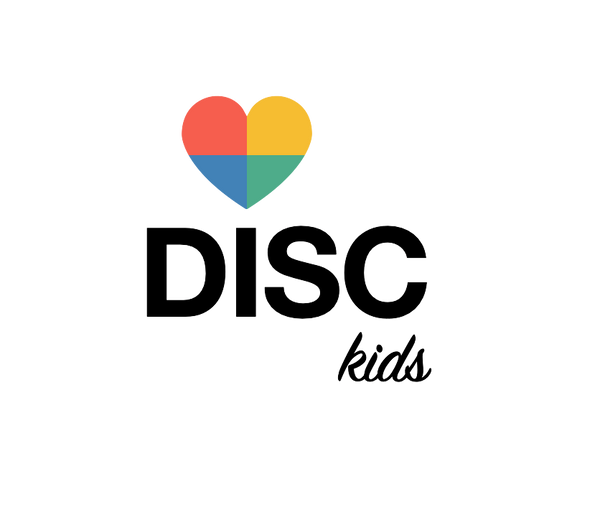Understanding instead of arguing – How to recognize your child’s personality
Share
Many conflicts arise because parents don't assess their children correctly. Discover how to better understand your child – with a child-friendly strengths profile.
Why we sometimes talk past each other
It often starts with small things: Your child withdraws, becomes loud, or defiant – and you don't know exactly why. Maybe you feel like you're not "getting through." But what if your child simply feels, thinks, and communicates completely differently than you?
Every child is different – and that’s a good thing
Children have different needs, strengths, and communication styles. Some are curious and loud, others are quiet and cautious. These differences are not a problem—they are an opportunity! The prerequisite: we recognize them.
What you should know about personality
Personality is not the same as behavior. Your child often only shows you the tip of the iceberg. Beneath lie things like motivation, reactions to stress, or how they prefer to learn. If you understand this, you can support your child more specifically – in everyday life, at school, and within the family.
A strengths compass instead of labels
With the DISC Kids Strengths Compass, your child (and you) will receive a simple, playful assessment: Am I someone who likes to lead? Or do I prefer to observe first? Do I prefer clear structures or creative freedom?
The best part: Parents and children use the same system – but with age-appropriate explanations. This creates a common language for everyday family life.
What you get out of it:
-
Fewer arguments because you understand your child's signals better
-
More connection in everyday life through appreciative communication
-
Supporting your child in a way that really suits them
Do you want to experience it yourself?
Download our free sample report for parents or children and discover how much potential there is in your communication.
